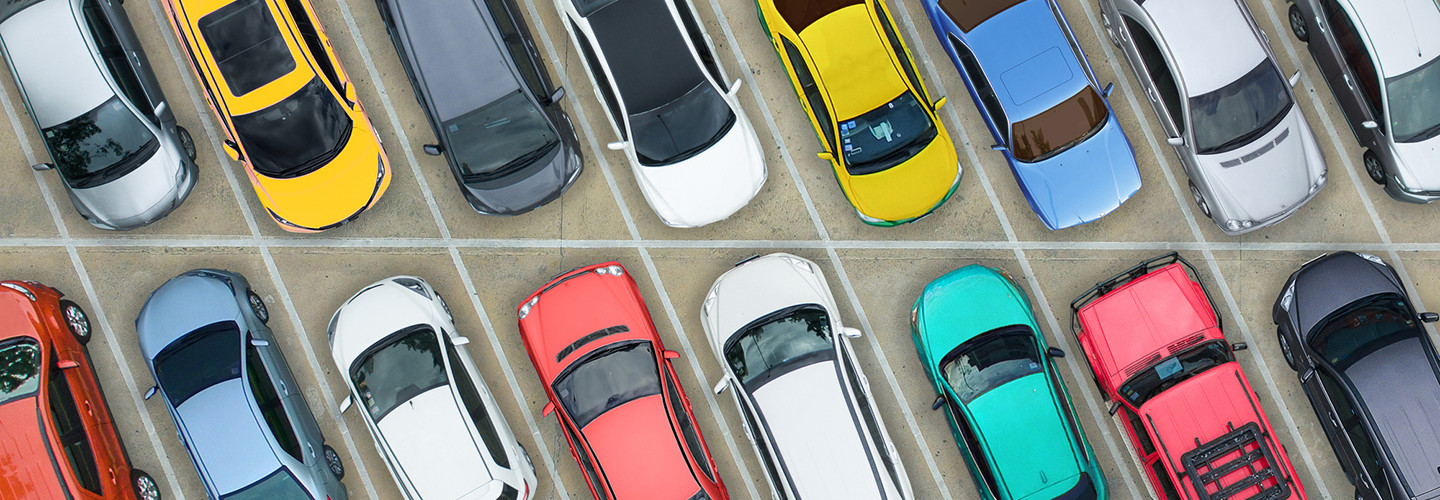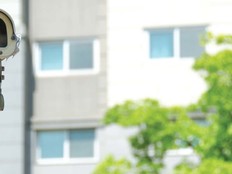Smart Parking on College Campuses Boosts Security and Environmental Efficiency
Just as technology enables innovation in a lot of other buildings on college campuses, now the parking lot is seeing advances.
The University of North Carolina at Charlotte is the latest university to take its parking digital. The smart parking solution the college chose includes a web-based management platform to issue virtual permits and support mobile payments, reports eCampus News.
The university is also using license plate recognition (LPR) technology — like the kind available through the IP-enabled cameras from Axis Communications — to help verify permits and gather parking occupancy and other data to help create more efficient parking.
“License plate recognition for enforcement is becoming popular for institutional use across the country as the technology becomes a more reliable, cost-effective solution,” says UNC Charlotte’s Parking and Transportation Services Director Doug Lape in the article.
In addition to efficiency, smart parking solutions on campus can also boost security and sustainability.
SIGN UP: Get more news from the EdTech newsletter in your inbox every two weeks!
IP-Enabled Parking Lot Cameras Streamline Enforcement
When University of Maryland, College Park planned a reduction of parking spaces by more than 3,000, it used LPR to enforce parking permissions in real time to make the most of its limited space. Not only can IP-enabled cameras with LPR help more efficiently identify parking permit violators, they also have the potential to stop criminals.
Thanks to Axis cameras in a parking garage, security at Central Piedmont Community College in North Carolina recovered a stolen car in just one day.
Smart Parking Helps the Environment
Researchers at Colorado State University are even considering how a parking program can boost sustainability.
“CSU’s new parking guidance system features the installation of parking sensors in each of the 645 covered spaces and monitors all 870 spaces in the university’s only parking structure,” reads an article on the system.
In addition to giving real-time data to drivers looking for a spot — and limiting the amount they drive around emitting exhaust — the system also sends occupancy data to facilities teams to regulate lighting and other features based on the number of cars.
Web-based parking systems like those used at UNC Charlotte and UMD also help the environment by eliminating the need for creating paper parking tickets since cameras with LPR can send a mobile ticket to parking violators immediately.








